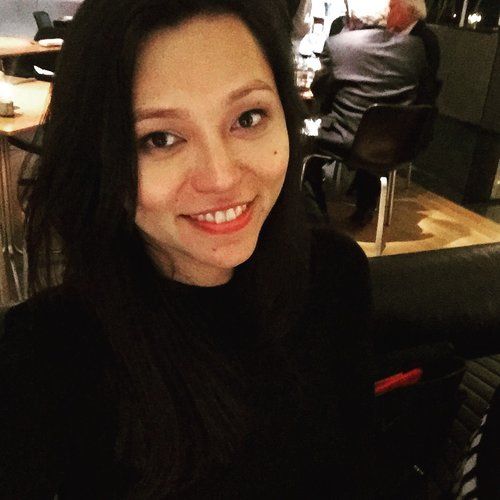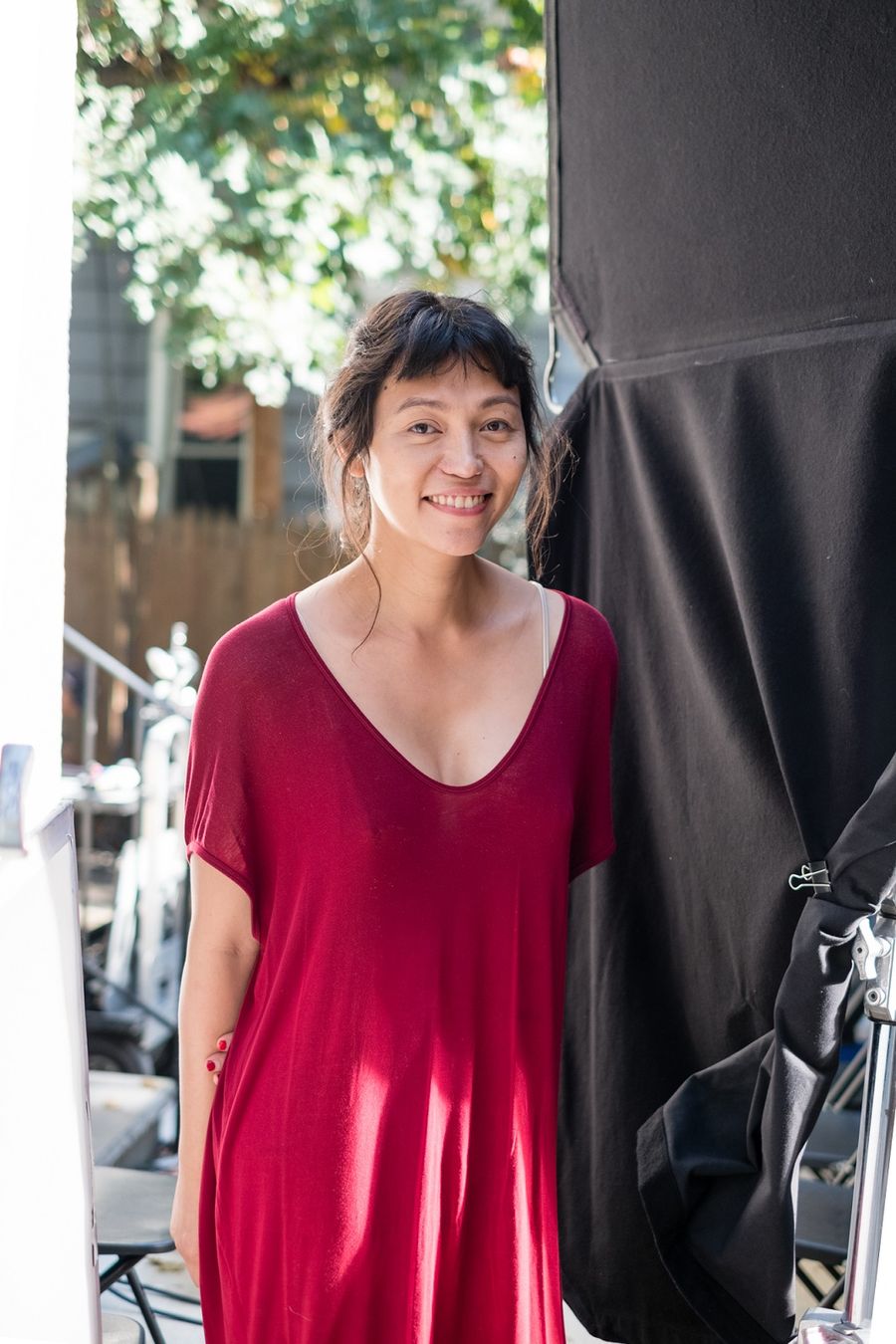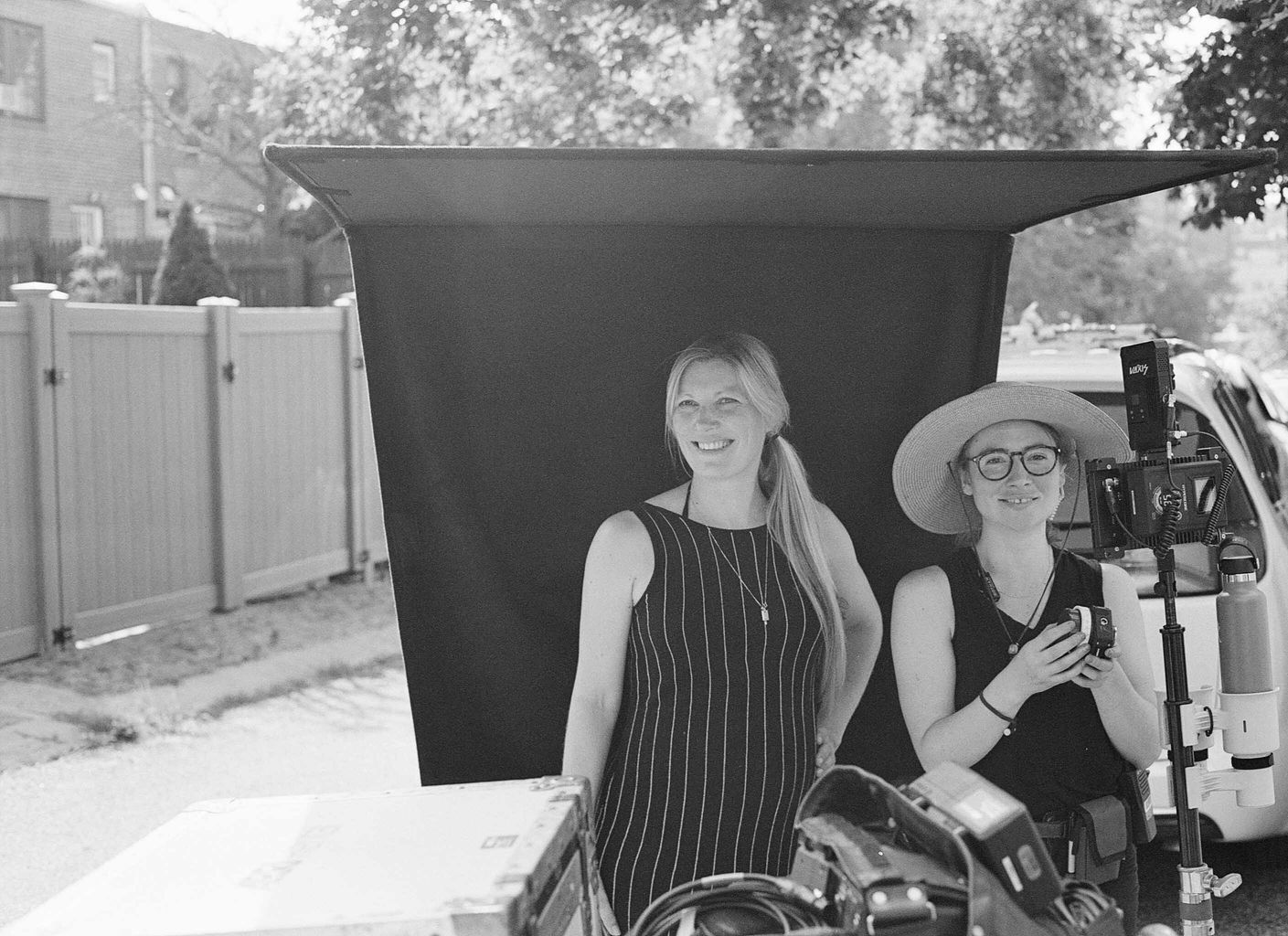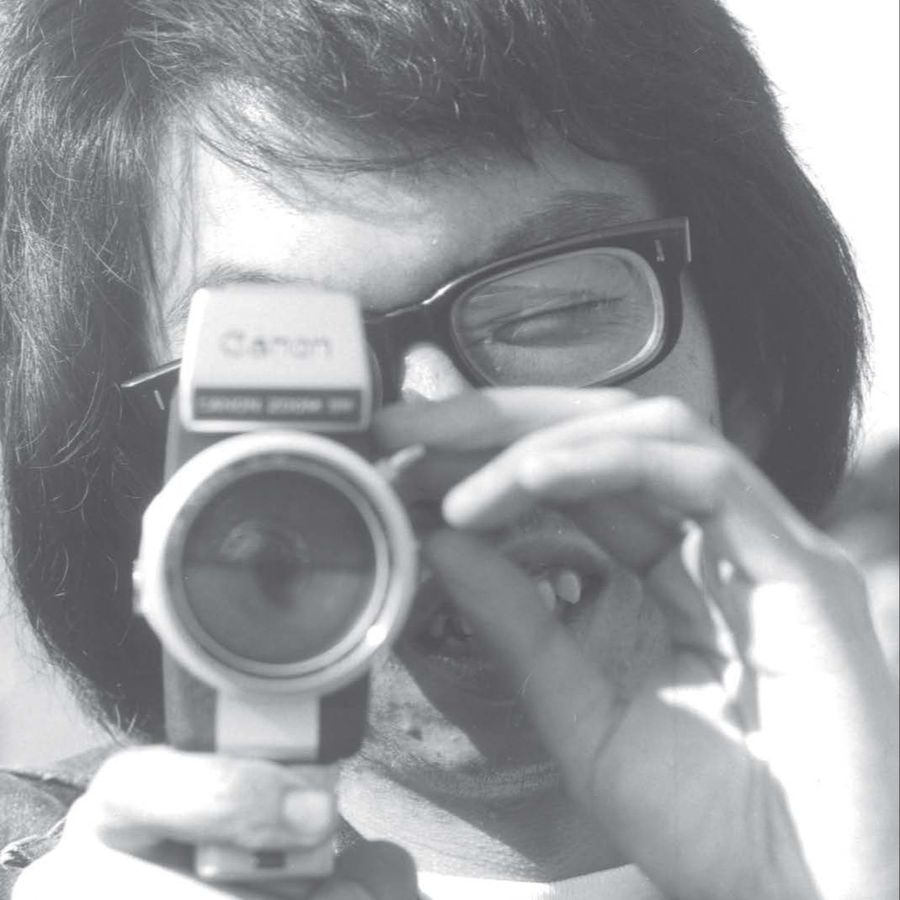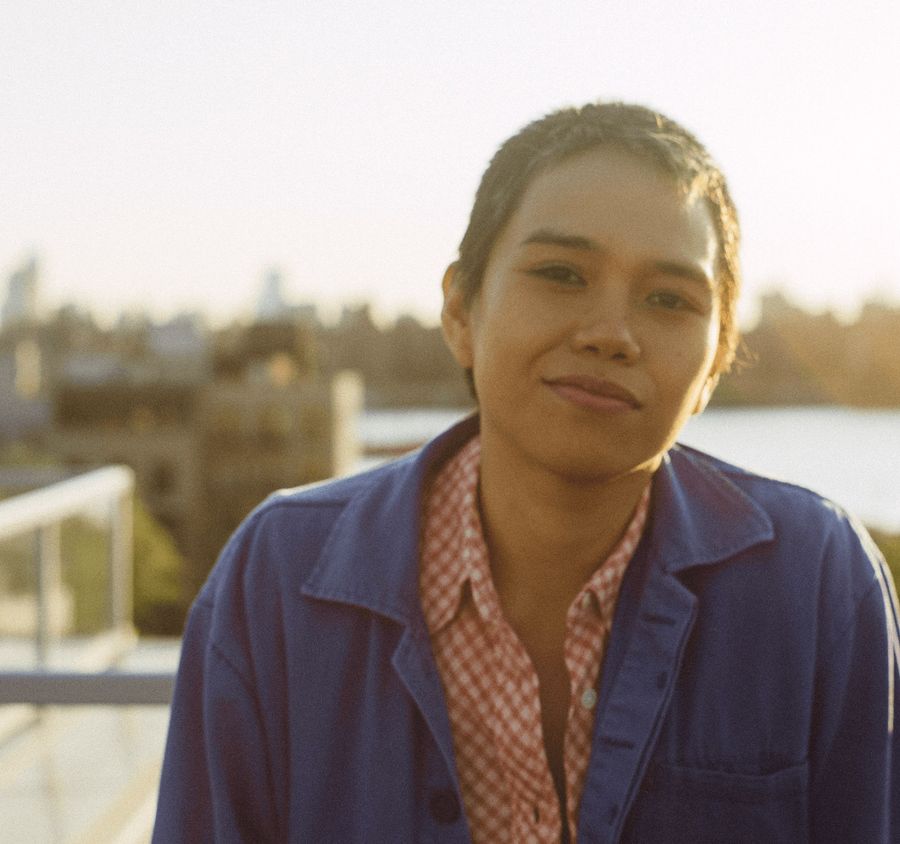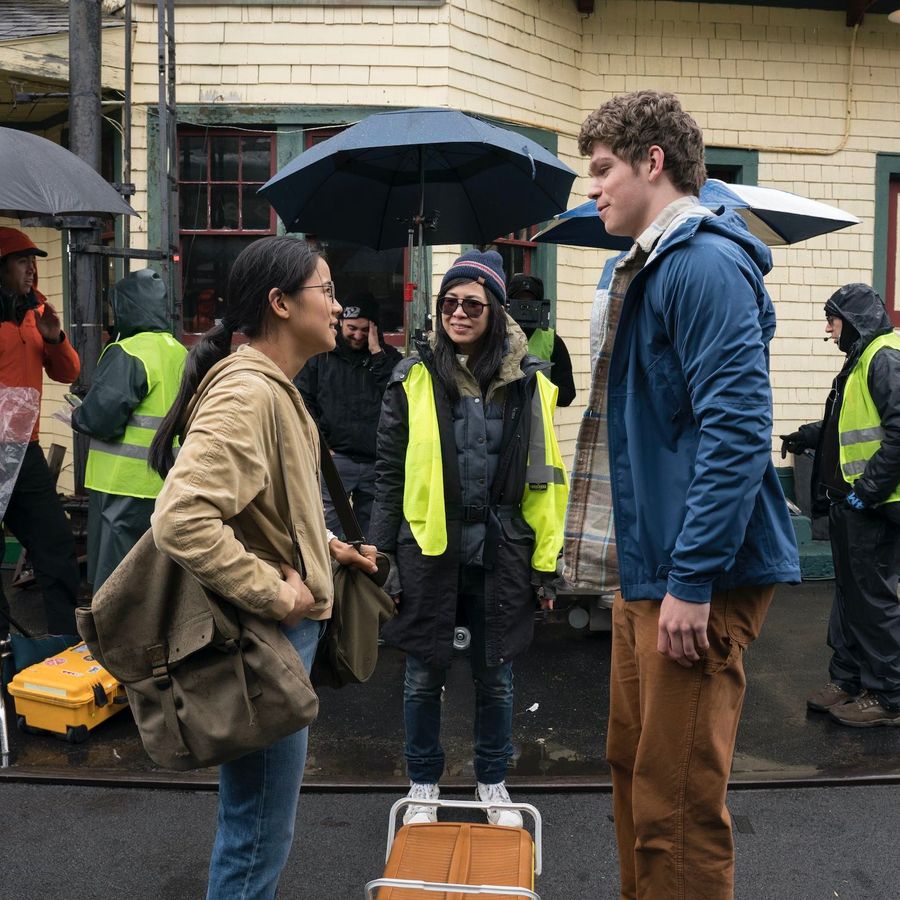Hero photo courtesy of Lana Apisukh
Love is universal. But, to tell a gripping love story that can appeal to global audiences, in the perspective of someone with a historically othered identity, and in a way that hasn’t been done before? That’s an Olympic feat.
Filmmaker Isabel Sandoval is an anomaly in the very best sense of the word. Her third feature, Lingua Franca, is a tense romantic drama follows an undocumented Filipino trans-identifying woman and a Russian-Jewish slaughterhouse worker as their love fluorishes despite the class and immigration issues that surround them. Sandoval chose to produce the film with a predominantly Filipino team. The film was then nominated for the Fedeora Award at the Venice Film Festival in 2019, making history as the first film directed by a trans-identifying woman to compete in the festival. Whether or not you’re a romantic at heart, Lingua Franca is a gorgeously executed delicacy in Filipino and American cinema that connects current political anxieties with the nerve-wracking feelings of budding romance.
In this interview, Isabel tells all about her beginnings as a creator, how she’s become so confident in her filmmaking, and what kind of stories she hopes to tell in the future.
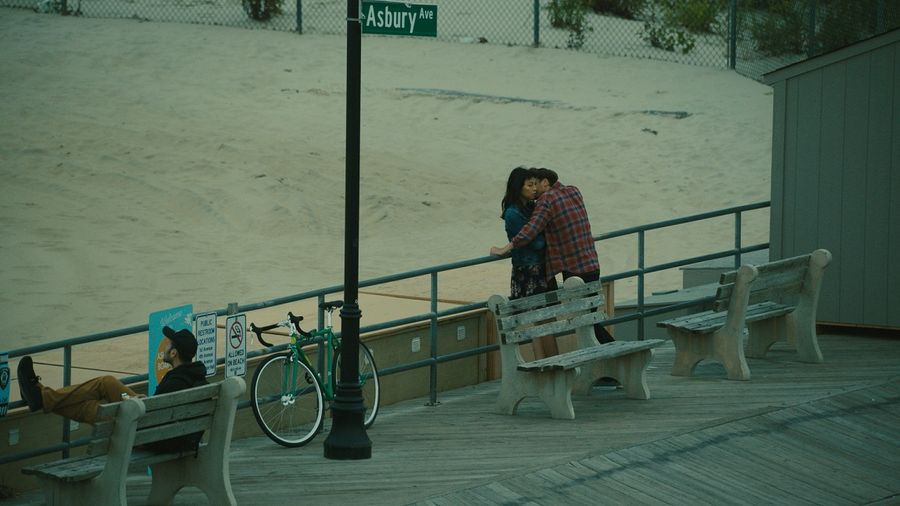
How did you learn about filmmaking and what inspired you to get into it in the first place?
It’s funny, I didn’t go to film school, but I’ve always been a big fan of movies. I was born and raised in the Philippines in Cebu. My mom would take me to the movie theater and the very first film I saw was a Filipino comedy. You know, I was lucky that my mom raised me and has been very supportive about my choice as a creative filmmaker. Also I think I did well enough in school for her to trust me in that I’m making the right decisions professionally. [Laughs.]
As I grew up, I realized what I liked and what I didn’t like by watching a lot of foreign and classic films. In college I actually studied psychology and that’s how I got a better understanding of character development and motivations. A lot of my films are character-driven stories. When I made my first feature, I decided to collaborate with seasoned film professionals and I learned from them. It was a very do-it-yourself process for me.
"It's vital to have narratives about our people that are told by Filipino immigrants both in front of and behind the camera; it's resulted in a film that's authentic and humane."
How did Filipino film influence your taste as a director?
When we talk about Philippine cinema in the context of international film festivals, they tend to be—especially in the last 10-15 years—grim and gritty, neorealist dramas that are sometimes accused of “poverty porn.” These films made me want to do something different.
When you think of Lingua Franca, the premise [may seem melodramatic], but I executed it in a way that audiences come away thinking that there is a different kind of Filipino cinema that we’re not used to seeing.
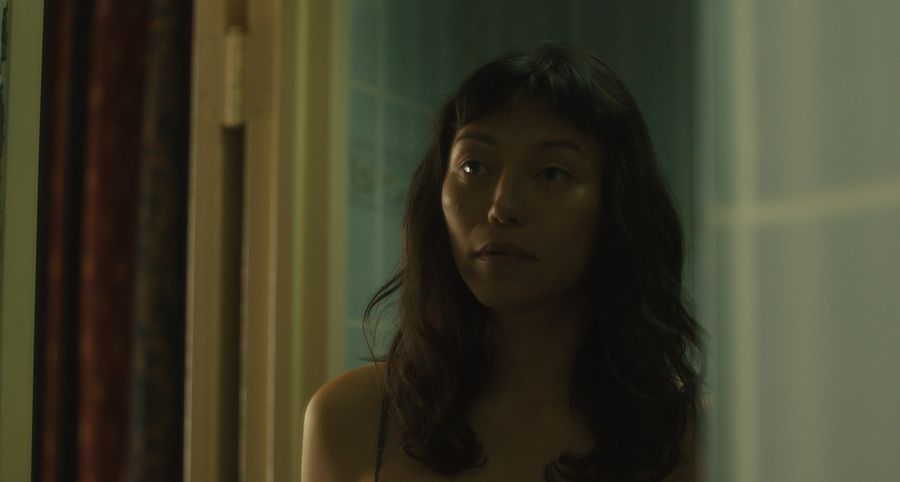
Do you think there was a lot of pushback to this idea because it was so different than other Filipino cinema?
Yeah, I think [the pushback was] also because the film seems like a niche project. You know, [a story about an] undocumented trans Filipina doesn’t exactly sound like the next Marvel movie. But I told the producers, “Listen. I want to be able to make a film that I want to make.”
When the film was invited to the Venice International Film Festival, I was told that I was the first transgender woman to compete in the festival. It’s such a vindicating feeling to really pursue your vision without compromise and to have the validation from major international film festivals that your movie is good enough to be part of our festival.

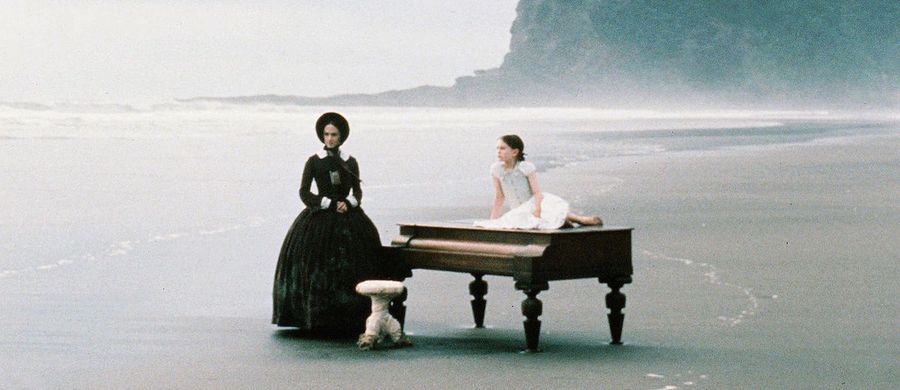
Left: In the Mood for Love / Courtesy of Block 2 Pictures, Jet Tone Production, and Paradis Films
Right: The Piano / Courtesy of CiBy 2000, Jan Chapman Productions, The Australian Film Commission, New South Wales Film & Television Office
And it must be such a big pressure to be the first of anything, especially since role models who looked exactly like you were virtually non-existent in the mainstream. As you were coming up, where did you look for inspiration and strength in your own journey?
I was a big fan of directors like Wong Kar-Wai who did In the Mood for Love and also Jane Campion who did The Piano and who really started out not necessarily by taking on big budget studio projects, but pursuing their own idiosyncratic, very singular cinematic visions. I wanted to do that with my first few films so that I’m really able to establish a certain signature sensibility and style and voice. And I hope that when I get the opportunity to work with bigger studios that they’re hiring me because of what I can bring to the table as a unique filmmaker.
I want to also give a shoutout to Film Fatales, a collective of women filmmakers in the US. We have different chapters in major US cities like NY and LA.. I joined the organization about 4 years ago and it’s been amazing to see fellow women filmmakers work on their own projects and succeed.
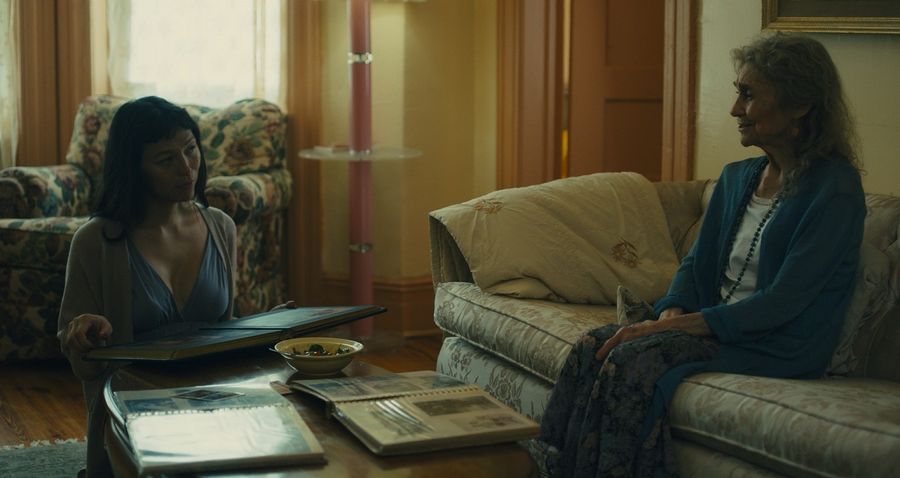
People may think that it’s best to explore issue-based stories through documentaries. But why did you decide to write narrative, scripted dramas instead?
When it comes to watching documentaries, there might be a certain resistance in the general audience because they think it’s educational or it can be didactic about certain issues, whereas when you’re watching a narrative film, you’re there to entertain. The audience, without thinking, is able to have more refined or better understanding of the social issues of the script that the film touches on. If I’m able to entertain and enlighten the audience in a way that surprises them, emotionally and intellectually, I would want to do that. Like with Lingua Franca, you know it’s a romantic drama, but I hope that people audiences walk away with the film thinking that they can empathize with someone who’s an undocumented trans woman and the challenging choices that she’s making in the film, then I will have accomplished my job as a filmmaker.
In documentaries, especially about the transgender experience, there’s a certain emotional remove with the subjects. At least in my experience. For me, with narrative features, it’s easy for us to identify with a character emotionally.
"As a Philippine-born person who's lived in New York City for nearly 15 years now, I'm evolving into a peculiar amalgamation of those two cultures and mindsets—a kind of psychological bifurcation—and that doesn't have to be a bad thing."
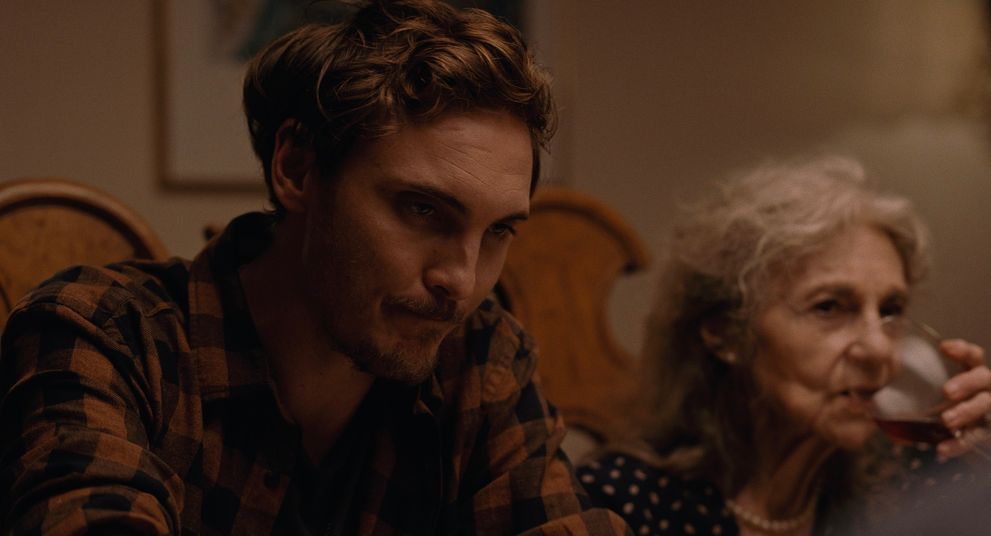
How did working with a Filipino producing team on Lingua Franca impact the production and the story?
The team came together quite organically. As Filipino immigrant artists trying to make a name for ourselves in the US, specifically New York City, my producers gravitated to my script about a Filipino immigrant who happens to be trans. It's vital to have narratives about our people that are told by Filipino immigrants both in front of and behind the camera; it's resulted in a film that's authentic and humane. Ultimately, Lingua Franca is a story of different immigrants. While the dialogue is predominantly in English, both Filipino and some Russian—as it is set in Brighton Beach, a Russian-Jewish enclave in NYC—are also spoken in the film.
Does this tension between your experiences in the U.S. and the Philippines impact the stories you tell about Filipinos? What messages about Filipino culture do you hope to send through your films?
The epiphany about the Philippines not feeling exactly like the home I remembered is relatively new for me. It's certainly weighing on my mind and I'm sure that this tension will emerge thematically—intentionally or not—in new projects that I may have that touch on the diasporic experience. It's tempting for immigrants like myself to ask: every day that I live in New York, am I becoming less Filipino and more American? In truth, it's more complicated than that. As a Philippine-born person who's lived in New York City for nearly 15 years now, I'm evolving into a peculiar amalgamation of those two cultures and mindsets—a kind of psychological bifurcation—and that doesn't have to be a bad thing.
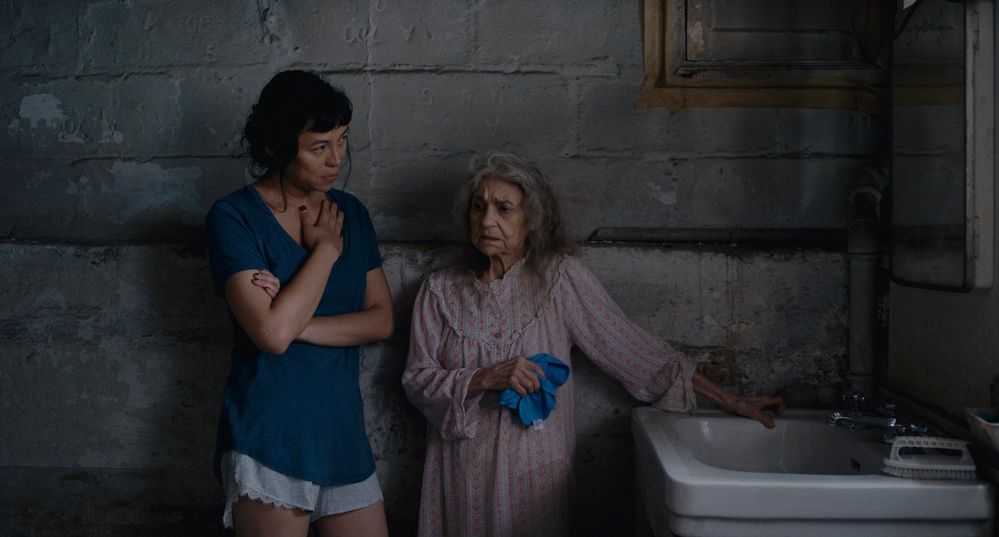
Do you view this as a Filipino film?
It’s fascinating because one of the questions that I ask audience members and friends that I’ve seen is “Do you feel like it’s a Filipino film? Do you feel like it’s an American film? Do you feel like it’s neither?” I’d like to think that it’s my film, an Isabel Sandoval film. You know I’m very much Filipino—I lived there the first 20 years of my life—but I’ve lived in the US for the past 14 years, so the kind of cinema that I make is informed by that.
As a matter of fact, I went back home to the Philippines for the first time in 6 years just [earlier this year] for the Philippine premiere of the film, and for the first time after my gender transition. It’s weird because in the US, I [hadn’t] really felt self-conscious about being trans for a long time and going back to the Philippines made me really aware. It’s a very bizarre feeling to have in your own home country: that you’re kind of a stranger or you’ve evolved into a different person. It starts to not feel like home in some way.
But I want to be known as a filmmaker who is not afraid to make bold, uncompromising, and enlightening films. Regardless of the labels.
Isabel Sandoval
Isabel Sandoval is a New York-based filmmaker and MacDowell Fellow in film. The Museum of Modern Art has cited her as a “rarity among the young generation of Filipino filmmakers” for her “muted, serene aesthetic.” She is the first transgender director to compete at the Venice and BFI London film festivals with Lingua Franca, which stars Eamon Farren (The Witcher, Twin Peaks: The Return). Her debut feature Señorita premiered at Locarno Film Festival. Meanwhile, her second feature Apparition won awards in Deauville and Hawaii after competing in Busan.
Her three features have screened at prestigious international film festivals, including Thessaloniki, Stockholm, Vancouver, AFI Fest, and Palm Springs. Her work has been supported by the Tribeca Film Institute, New York Foundation for the Arts, NYC Mayor's Office for Media and Entertainment, Jerome Foundation, Vilcek Foundation, IFP and Frameline. In November 2019, she was awarded the SFFILM-Westridge Foundation screenwriting grant for her new feature "Baptism". In April 2020, the Indiana University Cinema will present an early-career retrospective, “Isabel Sandoval: Uncompromising Vision” as part of its Jorgensen Guest Filmmaker Series, which previously featured Meryl Streep, Ava DuVernay and Werner Herzog.
She has a MBA from the NYU Stern School of Business and started her career in brand management.
